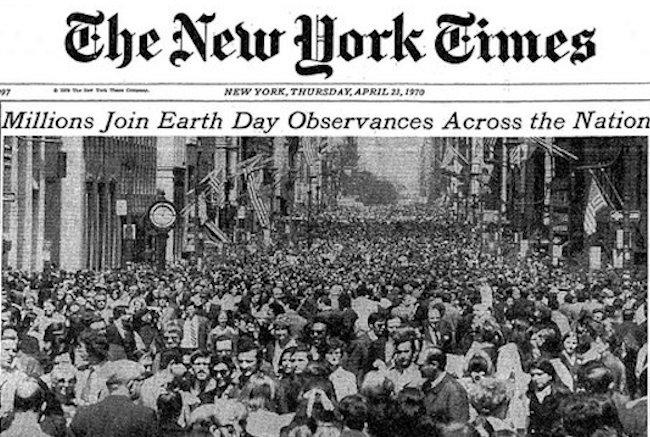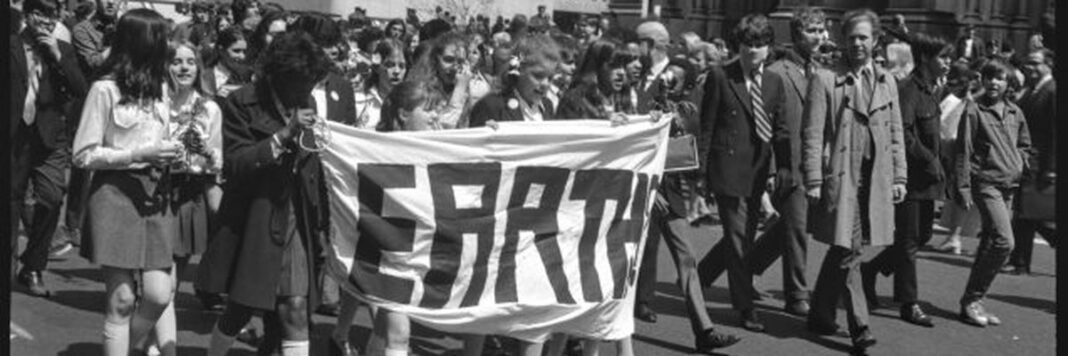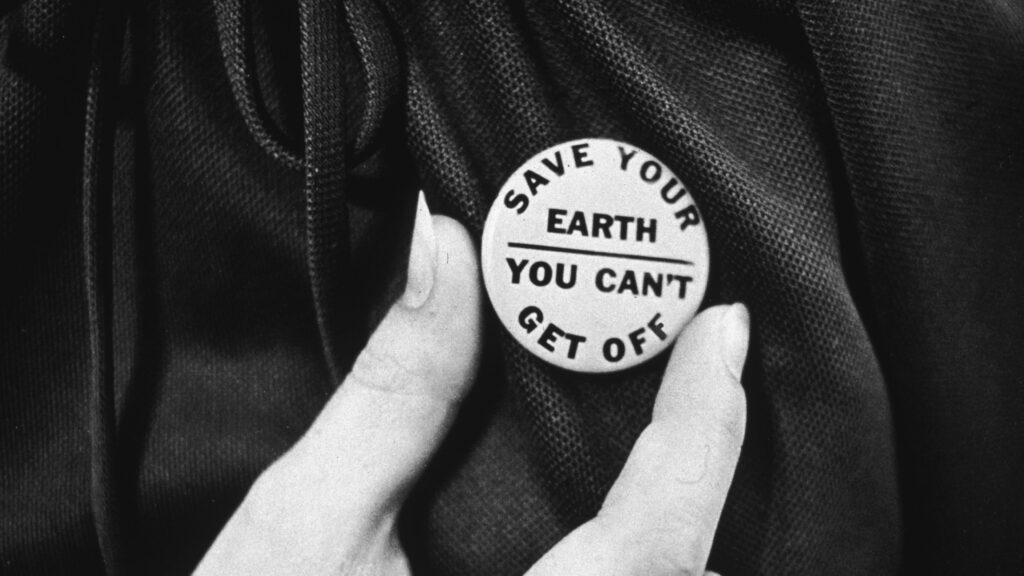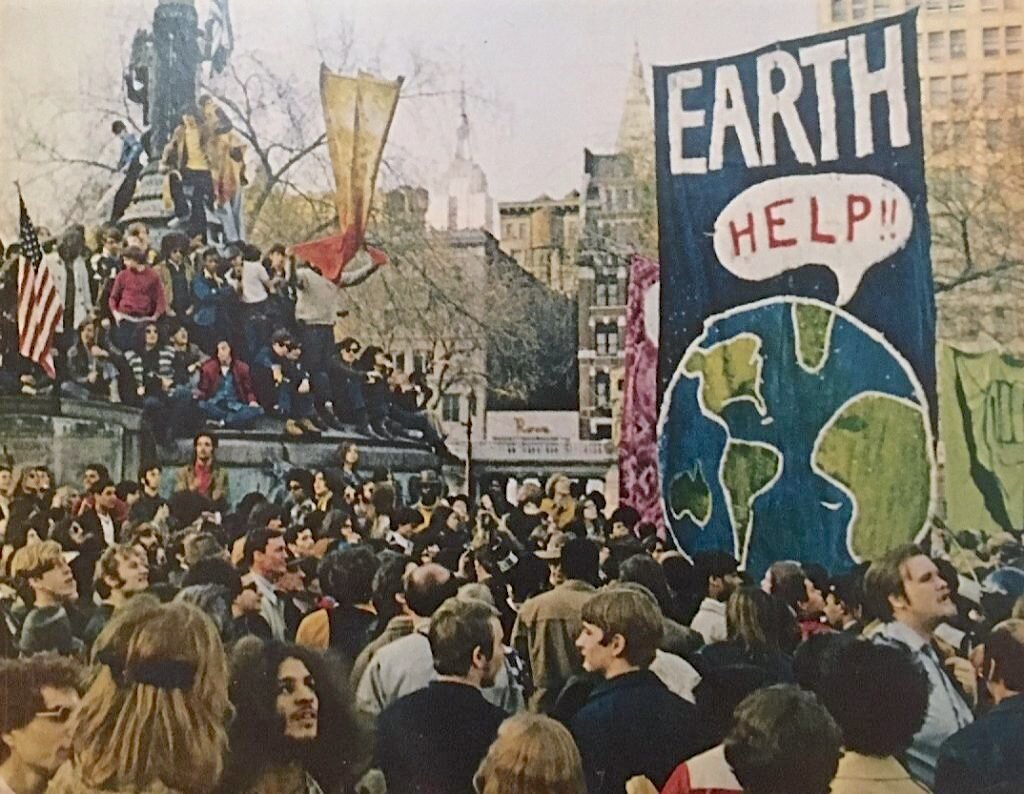Earth Day is this weekend, and folks from all over New Jersey are planning their celebrations. Since its founding in 1970, organizations and individuals across the country have set aside April 22nd as a day of service, sustainability, and fostering stewardship of our shared environment. Earth Day has a fascinating history, and it has sprung profound progress in the environmental movement. So as we get ready to celebrate Earth Day this Saturday, let’s look back at its origins and impacts here in the Garden State.
The first Earth Day was a nationwide effort held on April 22nd, 1970. The backdrop to this movement was a time of environmental turmoil in the United States. Leaded gas was the norm, factories were polluting in excess, and pollution was accepted due to industry. In addition to environmental turmoil, the country was also undergoing tensions brought on by the Vietnam War. In response to the war, protests erupted nationwide, and citizens took to the streets to make their voices heard. Inspired by the tenacity of the war protests, environmentalists across the country began taking notes to adapt this strategy for their movement.

Senator Gaylord Nelson, a senator from Wisconsin, found himself increasingly frustrated with the state of environmental affairs in the United States. To address this state of affairs, Senator Nelson came up with the idea to host student protests nationwide. Nelson and Pete McCloskey brought the teach-in to life and officially identified the first Earth Day as April 22nd, 1970. April 22nd was strategically chosen as it fell between spring break and final exams, giving students the maximum opportunity to participate.
Earth Day, in many ways, represented a rare moment of political and social unity. Democrats and Republicans, rural and city dwellers, and individuals from all walks of life coalesced around this important cause. After just one year of Earth Day, this activism’s ripple effect reverberated throughout the nation. For example, this movement inspired the founding of the Environmental Protection Agency, the nation’s first governmental agency devoted solely to protecting and preserving our natural resources. This also sparked the passage of important legislation, including the Clean Air Act, the Occupational Safety and Health Act, and the Clean Water Act. Efforts continued to increase, and by 1990, Earth Day was a global phenomenon.
In typical New Jersey fashion, the Garden State pioneered the environmental space, becoming one of the earliest adopters of regulations and other initiatives to help our environment thrive. Even before Earth Day was founded, the NJ government was taking steps to protect our state’s abundance of natural resources. For example, in 1969, New Jersey passed the Pinelands Protection Act, which helped to preserve the Pinelands, a unique ecosystem not found anywhere else in the world. In the 1970s and 1980s, New Jersey passed several laws regulating dumping, emissions, and waste management.
As the issues of environmental justice and sustainability issues continue to evolve, New Jersey remains at the forefront of innovation and growth. To this day, the NJ DEP and organizations throughout the state utilize Earth Day to celebrate our state’s rich resources, launch new initiatives to keep nature thriving and continue fostering a deep appreciation for what this stunning state offers. In the Capital City and throughout the state, may we harness the momentum of the Earth Day movement to take significant and small steps to protect the planet we call home.
SOURCES:
- https://www.earthday.org/history/
- https://www.mypaperonline.com/it-happened-in-nj-earth-day-and-the-short-history-of-environmentalism-in-garden-state.html
- https://dep.nj.gov/earthday/about/
- https://www.newjerseyalmanac.com/environment.html







